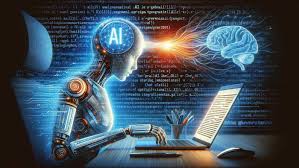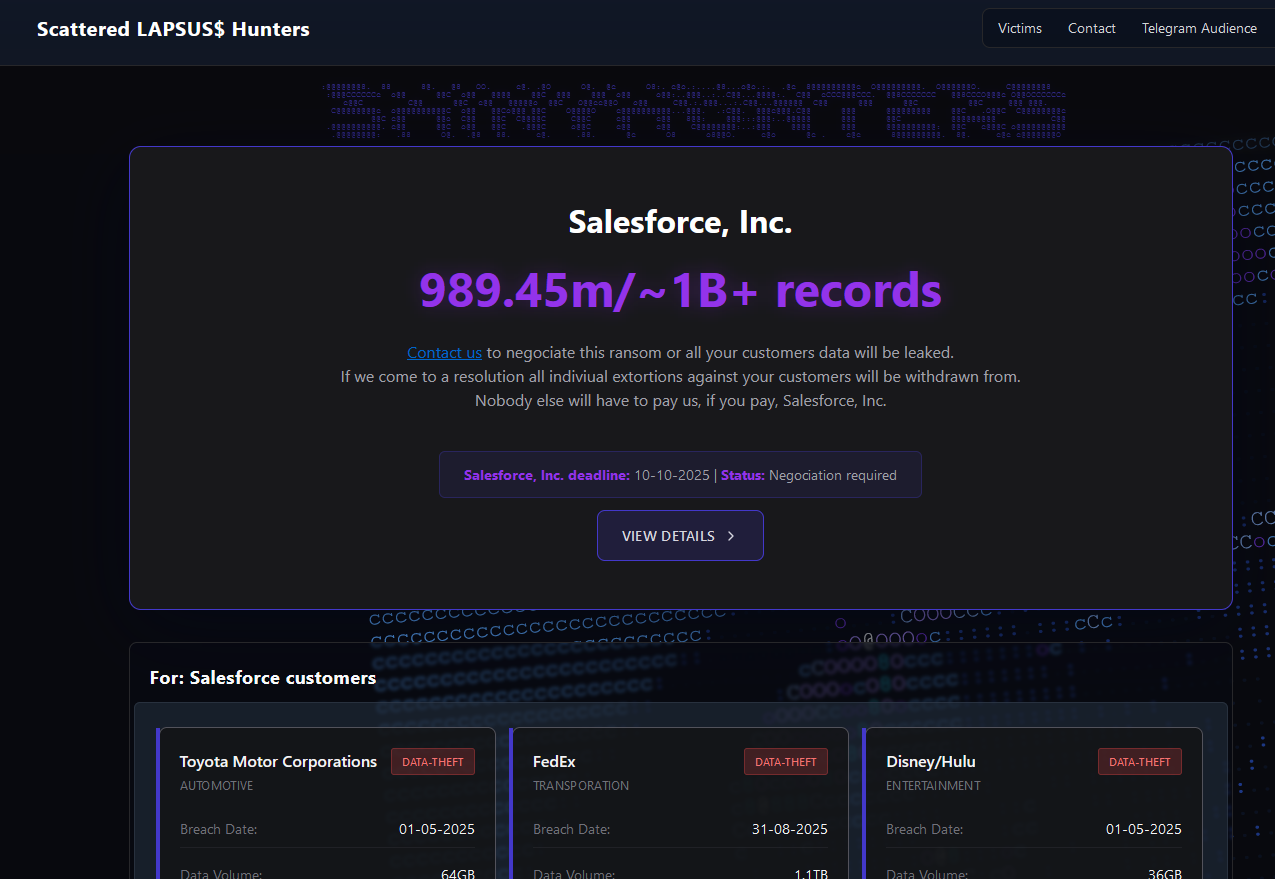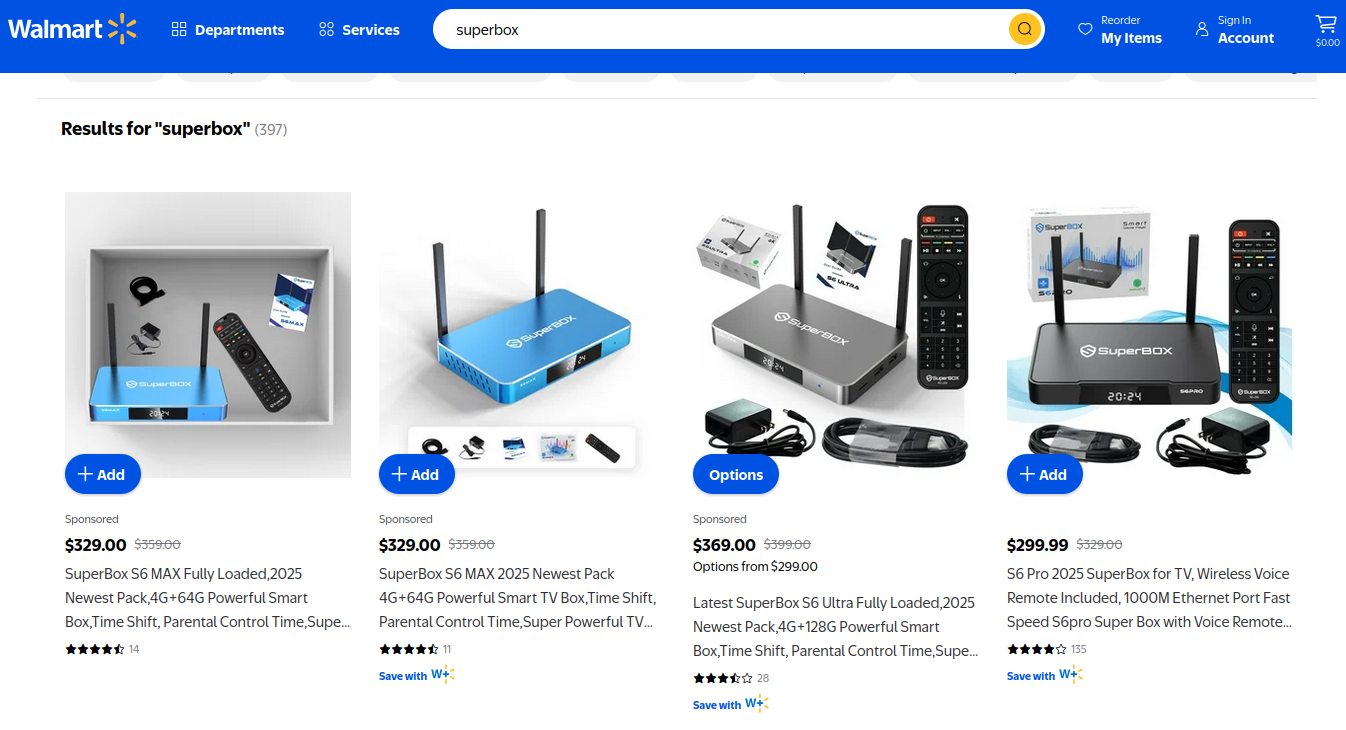Artificial Intelligence (AI) is reshaping the workplace at an extraordinary pace, influencing how jobs are performed, how teams collaborate, and what skills will be most valuable in the future. Far from being just a tool for automation, AI is becoming a vital partner in enhancing productivity, creativity, and decision-making across industries. As AI technologies evolve, understanding their impact on the future of work is crucial for workers, employers, and policymakers alike.
Automation of Routine Tasks
One of the most visible effects of AI in the workplace is the automation of repetitive and mundane tasks. AI-powered systems can handle data entry, scheduling, customer inquiries, and even basic analysis faster and more accurately than humans. This automation frees employees from time-consuming chores, allowing them to focus on higher-value activities such as problem-solving, innovation, and strategic planning.
Augmenting Human Capabilities
Rather than replacing humans, AI is increasingly being used to augment human skills. AI tools provide real-time insights, predictive analytics, and intelligent recommendations that help workers make better decisions. For example, in marketing, AI can analyze customer data to suggest personalized campaigns; in healthcare, AI assists doctors by highlighting potential diagnoses. This collaboration between humans and machines enhances efficiency and job satisfaction.
Changing Skill Requirements
The rise of AI means that certain skills will become obsolete while others will be in high demand. Routine manual and cognitive tasks are likely to decline, whereas skills such as critical thinking, emotional intelligence, creativity, and digital literacy will grow in importance. Continuous learning and adaptability will be essential for workers to thrive in an AI-augmented environment.
New Job Creation
While AI may displace some jobs, it also creates new roles and industries. Demand is growing for AI specialists, data scientists, AI ethicists, and roles focused on AI oversight and governance. Moreover, AI enables the emergence of entirely new business models and services that generate fresh employment opportunities.
Remote and Flexible Work
AI-driven communication tools, virtual assistants, and project management platforms are facilitating remote and hybrid work models. These technologies help teams collaborate seamlessly regardless of location, increasing workforce flexibility and improving work-life balance. In 2025 and beyond, AI will continue to break down geographical barriers in employment.
Ethical and Social Implications
As AI changes the workplace, ethical questions arise about fairness, privacy, and worker rights. Organizations must ensure that AI systems do not perpetuate bias or lead to unfair treatment. Transparent AI policies and inclusive governance are necessary to create equitable workplaces where technology empowers rather than marginalizes employees.
Preparing for the AI-Driven Workplace
To successfully navigate the AI-driven future of work, individuals and organizations must:
- Invest in continuous learning: Upskill and reskill regularly to keep pace with evolving technologies.
- Foster collaboration: Encourage partnerships between humans and AI systems.
- Prioritize ethics: Develop responsible AI policies that respect employee rights and diversity.
- Promote flexibility: Embrace hybrid work models supported by AI tools.
Conclusion
AI is transforming the future of work by automating routine tasks, augmenting human intelligence, reshaping skills demand, and enabling new ways of working. While this transition brings challenges, it also offers unprecedented opportunities for innovation, productivity, and job satisfaction. Embracing AI responsibly and proactively will be key to building a future workplace that is efficient, inclusive, and human-centered.



